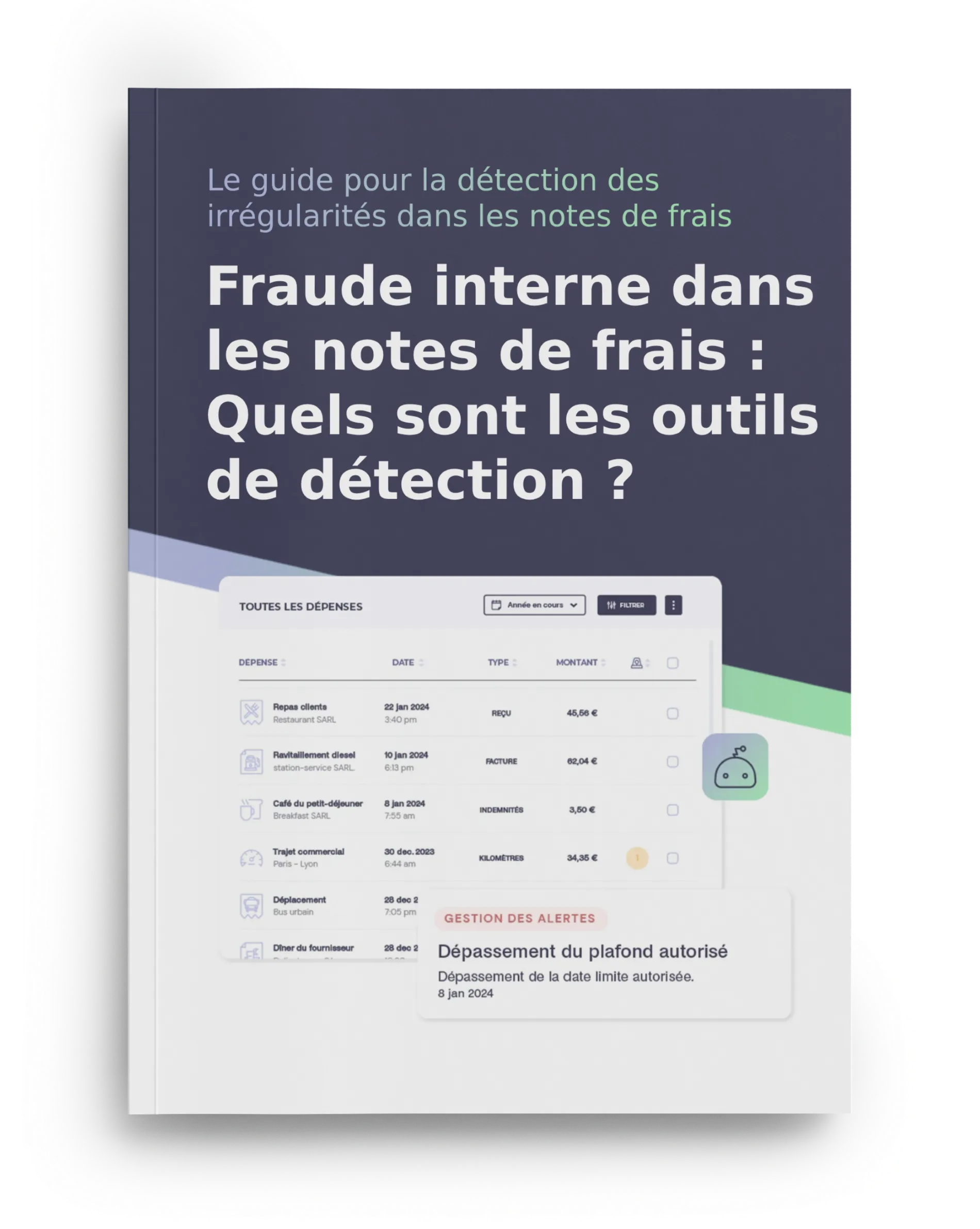It is a complex dance between numbers and transactions that takes place in the world of modern commerce. As costs rise, like an endless summer temperature, businesses face relentless pressure from all sides. Many merchants have seen the number of chargebacks explode over the past three years. This phenomenon, fueled by friendly fraud, forces companies to rethink their pricing strategies to balance their budgets. But beware, this reaction leads to a snowball effect, where high prices push some consumers toward abuses that only exacerbate the problem. A real spiral, where the struggle between costs and financial integrity becomes increasingly delicate.
A recent study highlights a troubling trend: up to 72% of merchants have reported an increase in chargebacks over the past three years. This surge in payment disputes, often driven by good faith abuses, also known as friendly fraud, pushes many companies to raise their prices to offset these rising costs. As card-not-present transactions multiply, illegitimate disputes from cardholders outpace the growth of online sales. Nearly one-third of retailers acknowledge that the financial burden of managing these disputes compels them to pass these costs onto their prices. As Chargebacks911 CEO Monica Eaton explains: this increase in chargebacks creates a vicious cycle, encouraging some consumers to exploit the system. It is imperative for merchants to adopt proactive measures as well as chargeback prevention tools to curb this phenomenon and protect their profitability.

Table of Contents
ToggleThe root causes of rising costs
Recent studies show that up to 72% of merchants have reported a significant increase in chargebacks over the past three years. These are often attributed to friendly fraud, a phenomenon where consumers unjustifiably dispute transactions. This rising tide directly affects businesses’ pricing strategies, as they are forced to raise their prices to absorb these unexpected costs. The impact is notable across all sectors, exacerbating a seemingly endless cycle of cost increases.
The effect of friendly fraud on businesses
Friendly fraud, defined as the abusive use by consumers of the chargeback system, leads to heavy financial consequences for businesses. This type of fraud often surpasses criminal fraud in several industries, becoming the primary cause of chargebacks. According to a recent report, 45% of retailers believe that customer misunderstandings, such as a lack of awareness of transactions on bank statements, are key factors in this fraud. Businesses must therefore be proactive, focusing on effective prevention tools and implementing consumer education strategies to avoid these mishaps.
Solutions to break the vicious cycle
In the face of rising costs and the growing threat of fraud, many businesses are exploring innovative technologies such as artificial intelligence to prevent fraud. Approximately two-thirds of retailers plan to adopt these modern tools to counter the negative effects of chargebacks. However, these measures, while essential, are not sufficient on their own. It is crucial for businesses to understand the fundamental role of consumer education in limiting first-party abuses and thereby reducing the growing pressure on the prices of goods and services.





